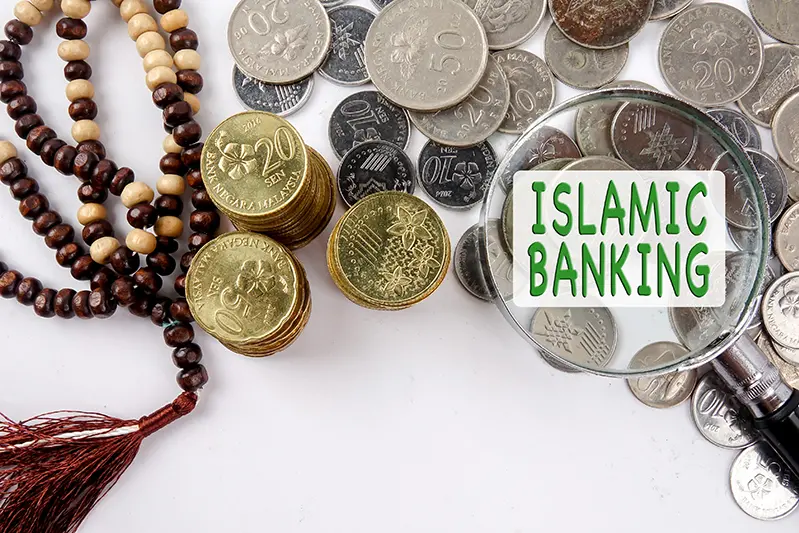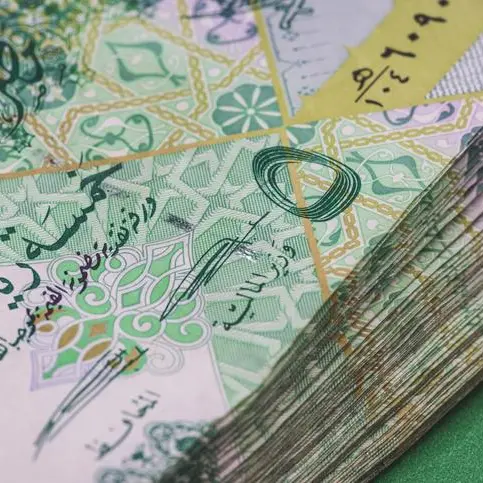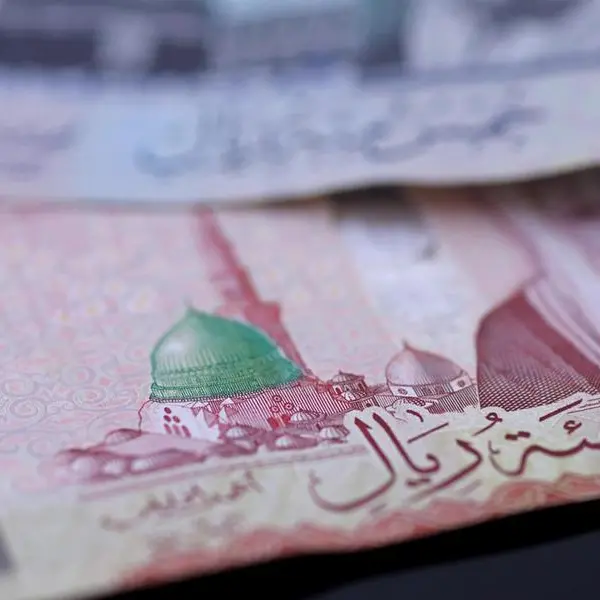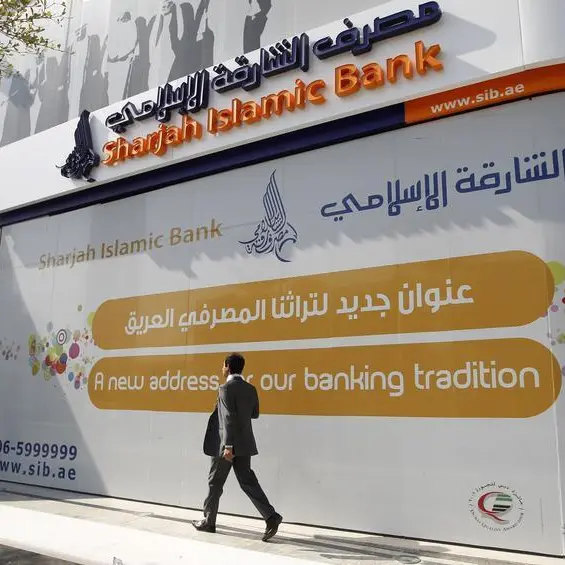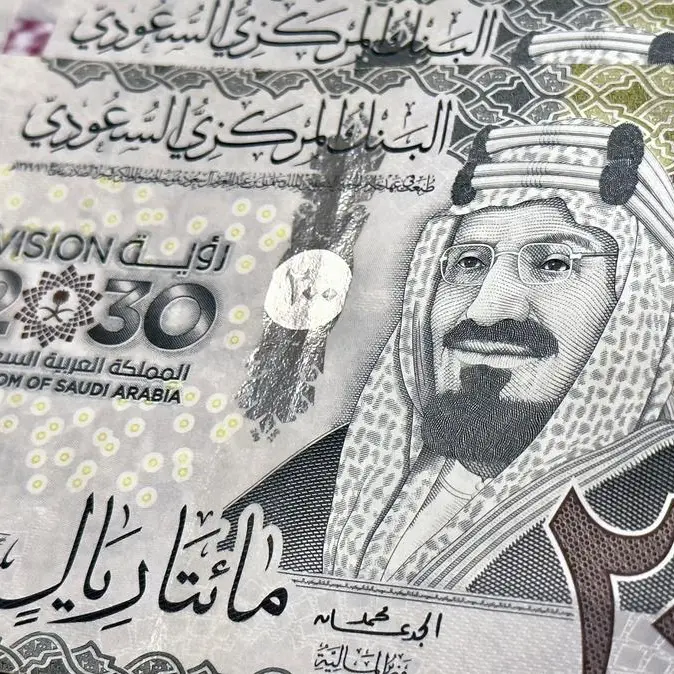PHOTO
The favourable oil market dynamics and the macro-outlook for the GCC is supportive of regional sukuks in the medium term, a new report said.
"Issuer fundamentals should continue to strengthen on the back of improved economic, fiscal and external prospects," according to Azimut Middle East Annual Global Sukuk Outlook 2023.
"Ample regional liquidity should be another source of support for GCC Sukuks as local investors will look to deploy surplus cash in local financial products. In our view, high absolute yields on fixed income Sukuks makes the asset class more attractive for investors than in previous years."
Since the Russia-Ukraine war began, the Middle East's oil producers have benefitted from the higher oil prices, with IMF estimating last year that they would reap a windfall of up to $1.3 trillion over the next four years.
Azimut said Middle East fixed income should also benefit from positive technical as global investors will look to be overweight the region based on the region’s favourable macro-economic dynamics as illustrated by elevated fiscal and current account balances.
The report however noted that while higher oil prices and production combined with the opening up of economies boosted economic growth in the GCC in 2022, growth is likely to moderate as OPEC oil production increases are reversed.
Despite diversification efforts, oil revenues remain vital to GCC economies accounting for the bulk of government revenues and exports. "We believe oil will continue to trade at much higher levels than previous years due to proactive management of supply/demand balance by OPEC+ countries. Second, we believe an increase in US shale production remains unlikely in the medium term, due to a number of financial, regulatory and supply-related constraints."
(Writing by Brinda Darasha; editing by Daniel Luiz)
